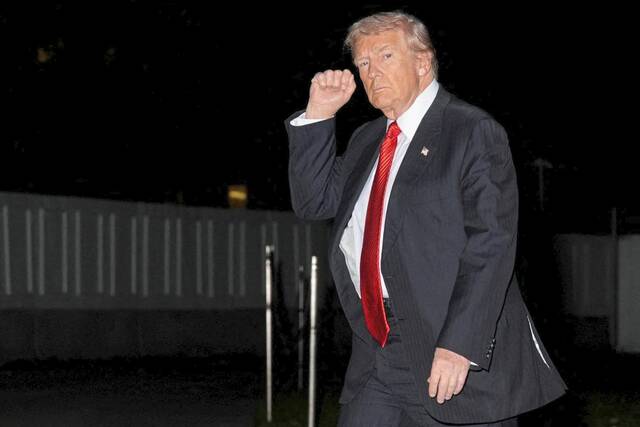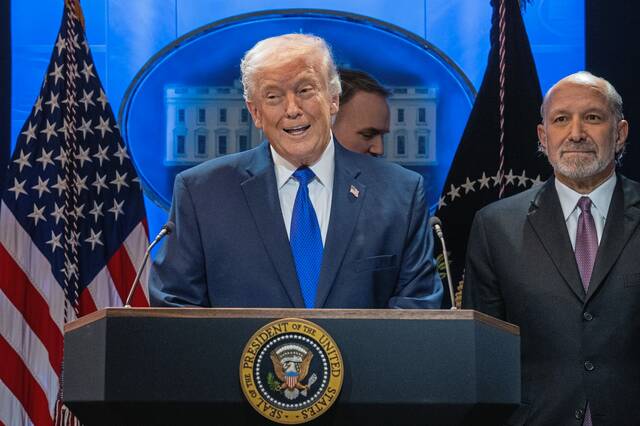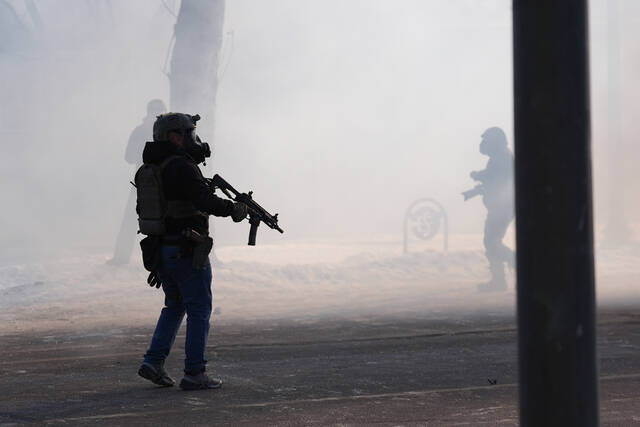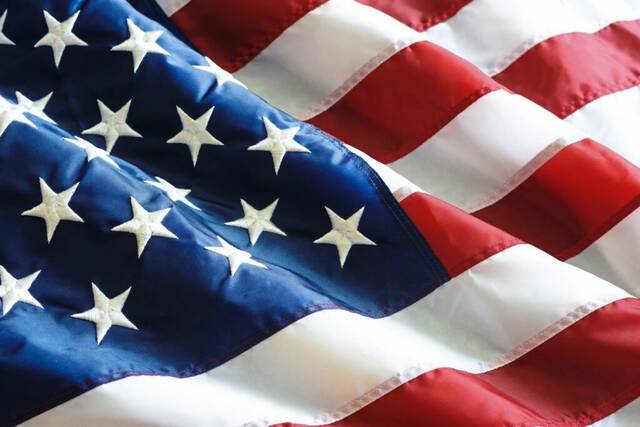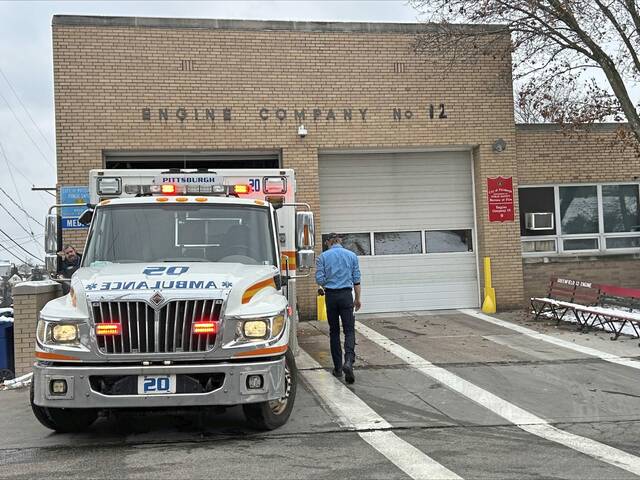“If I am not for myself, then who will be there for me? And if I am for myself only, who am I? And if not now, when?”
These words from the famous Rabbi Hillel the Elder guided Jewish life at the time of King Herod. Now, they represent a clarion call for people of faith to think beyond themselves at this perilous time for our nation.
More than 80% of born-again Christians voted for Donald Trump in 2024 despite seeing him as having significant, even un-Christian, character flaws.
Why?
Because the president of “We the People” declared himself the most pro-life and pro-religious liberty leader in American history and most conservative evangelicals and Catholics heartily agreed.
Thus, Rabbi Hillel’s encouragement that people of faith not be for themselves has been realized by a range of Trump administration policies intended to “return America to its Christian foundations.” This includes establishing an anti-Christian bias task force, encouraging religion in the workplace, supporting parental rights, funding Christian charter schools, rejecting gender ideology and transgender identity, and ending taxpayer funding for abortion. At the annual March for Life in January, Vice President JD Vance declared that “America is fundamentally a pro-baby, a pro-life, and a pro-family country.”
But, what about Rabbi Hillel’s entreaty not to be for oneself only? This teaching deeply connects to the Sermon on the Mount where Jesus said, “In everything, do unto others what you would have them do to you, for this sums up the Law and the Prophets.” (Matthew 7:12).
There are no polls to measure how many Trump-supporting conservative evangelicals and Catholics now have qualms about government actions that seem so un-Christian — such as deliberately cruel ICE raids in schools, churches and hospitals and National Guard deployments in large cities. However, findings from a September Pew Research Center survey provide food for thought.
White evangelicals are much more likely (51%) to say religion shapes how they vote than are Americans overall (25%). The same holds true for 37% of all Protestants and 31% of Black Protestants. Even more encouraging, when Pew researchers asked respondents whether “good Christians” can disagree about Trump, large majorities agreed across religious traditions and political party lines, ranging from 76% of Hispanic Catholics to 85% of white evangelicals.
Now, there are signs that some of these “good Christians” are taking action. For example, in February 2025, over two dozen Christian and Jewish groups filed a federal lawsuit challenging the policy of allowing ICE agents to make arrests in houses of worship. Additionally, a report supported by the National Association of Evangelicals, the U.S. Conference of Catholic Bishops’ Committee on Migration and the Center for the Study of Global Christianity called directly on church goers to recognize mass deportations have direct consequences for faith communities, especially since 80% of immigrants at risk of deportation are Christian.
Building on this call in October, Pope Leo IX, the first American-born pontiff, instructed U.S. bishops to “speak strongly” on behalf of migrants affected by the Trump administration’s hardline immigration policies. And a growing movement of faith leaders are responding in cities and towns, championing Jesus’ teachings to help “the stranger” and “the least of these” as they “speak strongly” in challenging the Trump administration around mass deportations, civil rights and helping the vulnerable.
Among these efforts, Catholic leaders in Chicago attempted to give holy Communion to immigrants held at a local detention center while pastors of the McCarty Memorial Christian Church in Los Angeles threw their bodies in the middle of an altercation between protesters and the National Guard to halt the violence in the city. Moreover, faith leaders are escorting immigrants to court hearings, praying with ICE agents and National Guard troops to ease tensions, and bearing witness at prayer vigils, marches and in courthouses.
These actions are making a difference. The number of protestors and activists opposing ICE’s actions have continued to grow — not top down from political leaders, but from pastors, church goers, and members of the community speaking out against potential threats to constitutional checks and balances.
The need for “good Christians” to speak out for democracy and liberty — from the pulpit, the streets, community centers and even through podcasts — is the moral imperative of this time. In answering Rabbi Hillel’s question “and, if not now, when?”, the answer can only be from today and going forward.
Rev. Richard Cizik is executive director of Evangelicals for Democracy, which brings together people of faith — Republicans, Democrats and independents of all walks of life — who believe that as Americans, we are stronger and more resilient together than when we are divided.


